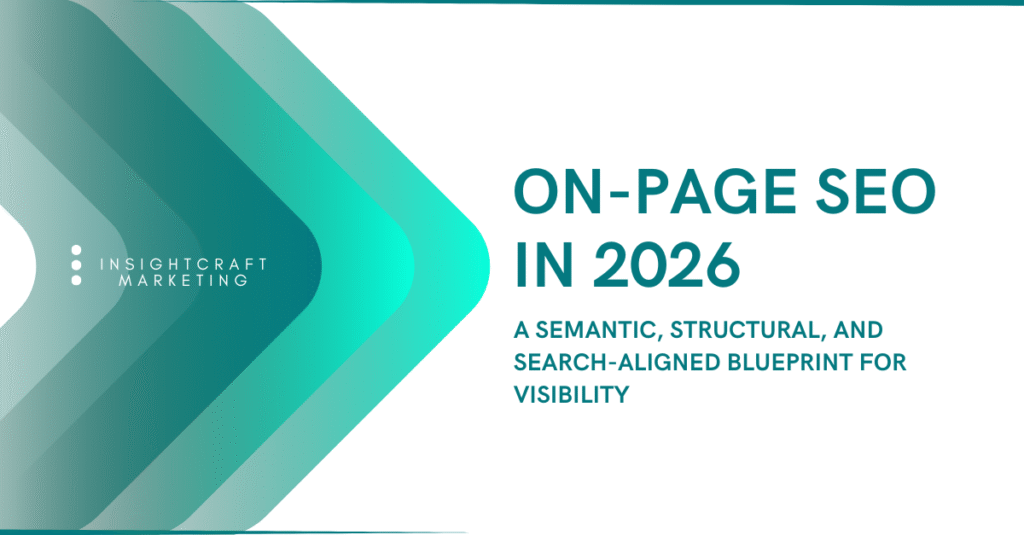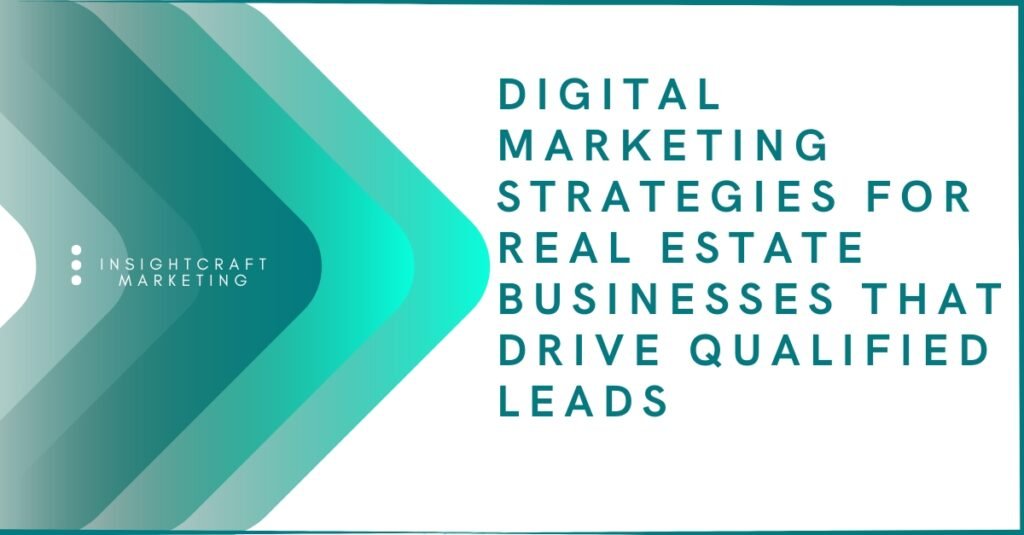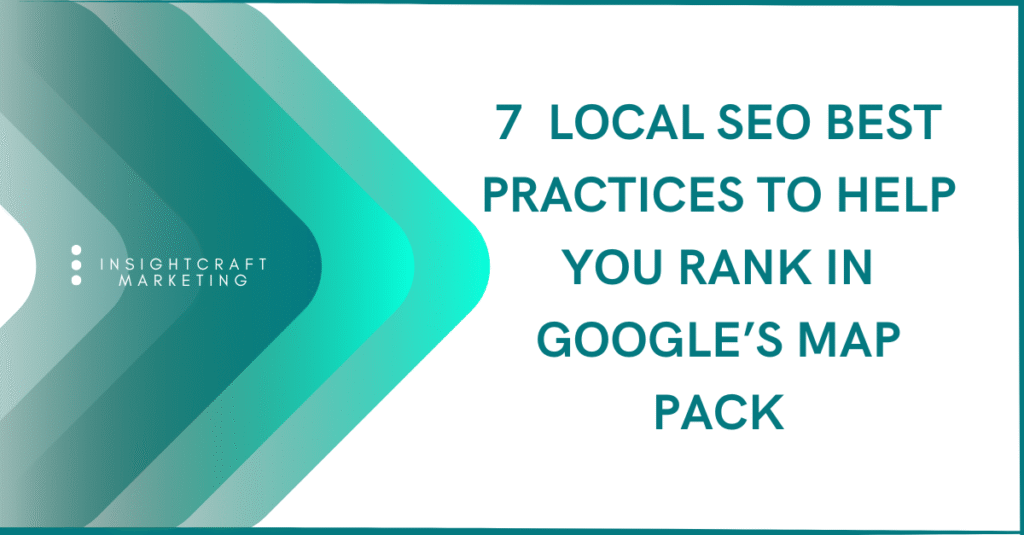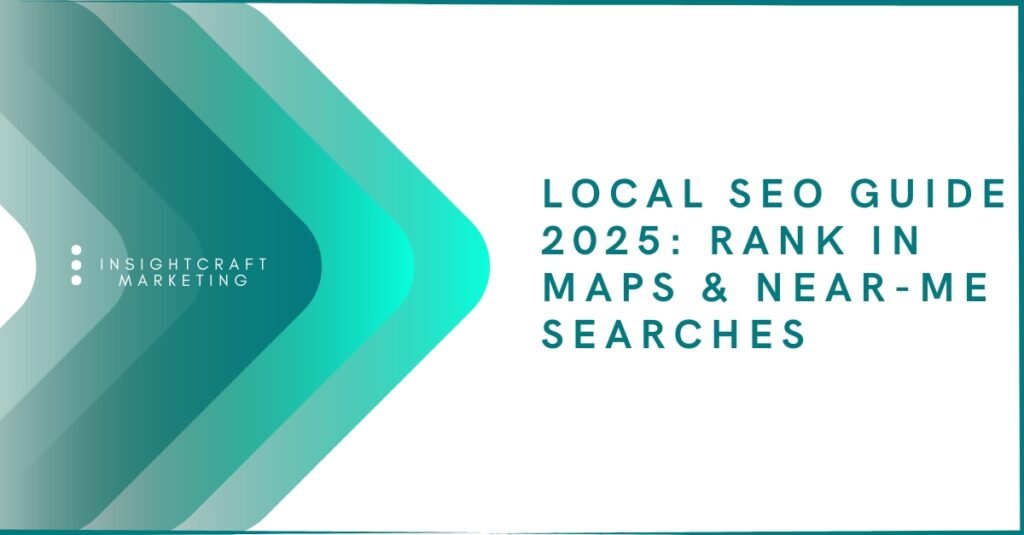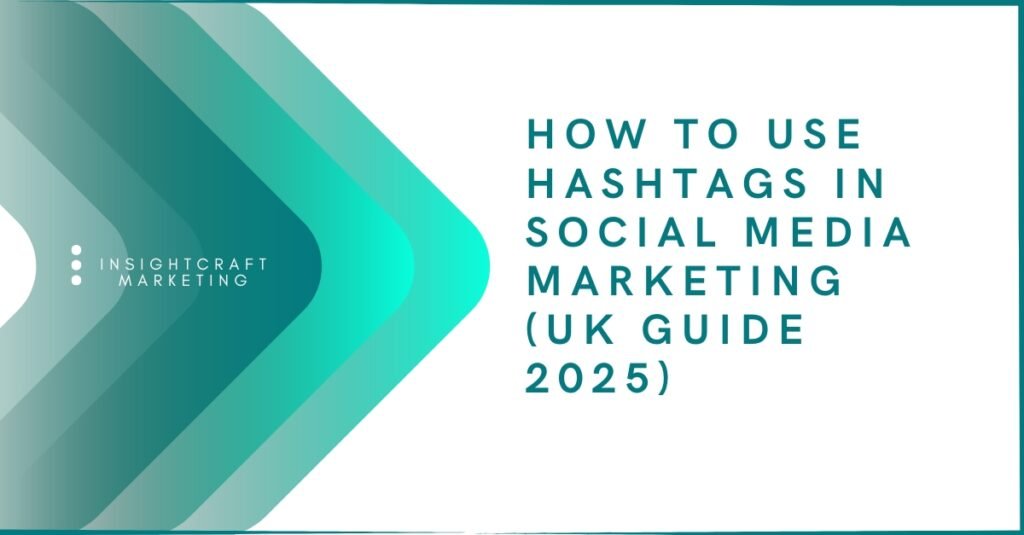Digital content marketing is the strategic creation and distribution of online materials such as articles, videos, podcasts, infographics, and interactive tools, designed to attract, engage, and convert a target audience through valuable and relevant content rather than direct advertising. In the UK, digital content marketing involves aligning creative output with audience intent, data protection regulations like GDPR, and market preferences shaped by British cultural and digital behaviour trends.
Digital content marketing has become the backbone of modern business communication in the United Kingdom. Across every region from London start-ups to Scottish financial firms, organisations are shifting away from pure advertising toward storytelling and education. Instead of pushing quick sales messages, British marketers now attract audiences through useful, credible, and culturally relevant content.
Research from the Content Marketing Institute’s UK 2025 Benchmark Report shows that more than 90 percent of B2B marketers in Britain consider content marketing essential to long-term growth. This transformation reflects a deeper change in how UK consumers engage with brands: they expect transparency, accuracy, and consistent value.
Understanding what digital content marketing truly means, how it differs from traditional digital marketing, and how UK companies can apply it effectively is the first step toward building a sustainable online presence.
What Is Digital Content Marketing?
Digital content marketing is the strategic process of planning, creating, distributing, and analysing online materials such as blog posts, videos, podcasts, infographics, and social stories. Its goal is to attract and retain a clearly defined audience by delivering information that solves problems or satisfies curiosity rather than relying on direct advertisements.
In the UK, digital content marketing operates within a specific framework shaped by British culture, consumer behaviour, and legal standards such as the General Data Protection Regulation (GDPR). Effective strategies must therefore balance creativity with compliance, producing content that entertains and educates while respecting data privacy and ethical marketing principles.
When executed properly, digital content marketing builds trust, supports search visibility, and nurtures customers from first contact to long-term loyalty. It is not about volume but about relevance: each digital asset should meet a clear user intent, whether that’s learning, comparing, or purchasing.
Why It Matters for UK Businesses
- Visibility: Search engines prioritise helpful, authoritative content.
- Trust: Consistent information builds brand credibility among sceptical British consumers.
- Compliance: GDPR-aligned communication signals responsibility and professionalism.
- Engagement: Localised stories and examples increase interaction on platforms like LinkedIn UK, Instagram, and TikTok UK.
Digital Content Marketing vs Digital Marketing
Many marketers use the two terms interchangeably, but they represent different layers of the same ecosystem.
| Aspect | Digital Marketing | Digital Content Marketing |
|---|---|---|
| Purpose | Promote products or services through multiple online channels | Build audience trust and loyalty through valuable content |
| Tactics | PPC, SEO, email, social ads, influencer partnerships | Articles, videos, guides, podcasts, case studies |
| Focus | Short-term conversions and ad performance | Long-term reputation, organic visibility, and engagement |
| Tone | Persuasive and promotional | Informative and educational |
| Measurement | Click-throughs, ad spend, direct ROI | Dwell time, shares, backlinks, and lead quality |
Not sure which strategy fits your brand?
The Foundations of an Effective UK Digital Content Marketing Strategy
Creating a successful content programme requires structure and consistency. The most competitive UK marketers follow a repeatable framework built on research, strategy, creation, distribution, and improvement.
1. Research Your Audience
Every campaign begins with understanding who you are speaking to. British markets are diverse: a message that resonates in Manchester may not engage professionals in Edinburgh. Use surveys, CRM data, and social listening to identify:
- Demographics: age, location, regional dialects in Scotland, Wales, England, Northern Ireland) and occupation
- Values: sustainability, diversity, innovation, or cost awareness
- Behaviours: Pain points and content consumption habits (platform preferences, peak browsing windows)
- Compliance expectations: transparency in data use
- Industry setting: B2B or B2C positioning.
For instance, HubSpot’s State of Inbound 2025 notes that UK consumers now prioritise “trustworthiness” as a top brand value. Marketers should reflect this by providing verified facts, clear sources, and accessible language.
2. Define Your Goals and KPIs
Tie content objectives to measurable business outcomes: increased leads, improved bran visibility, or higher engagement. Typical UK KPIs include:
- Growth in organic traffic from UK search queries
- Engagement rates on British social media channels
- GDPR-compliant newsletter sign-ups
- Conversion rates across regional landing pages
Using analytics tools aligned with UK privacy rules ensures performance tracking remains ethical and accurate.
Creating Valuable Digital Content for the UK Audience
Once goals and target audiences are defined, the next step is content creation. For UK marketers, creation is not simply about producing more material but it’s about developing purposeful, relevant, and legally compliant content that reflects local culture and consumer expectations.
1. Choose the Right Content Formats
Different audiences engage with different formats. Statista data shows that British users spend more than two hours a day consuming video content, while long-form articles remain the top-performing format for B2B conversions. An effective UK content mix should include:
- Blogs and Articles: Ideal for SEO and authority building. Write in clear UK English and address local regulations or case studies.
- Short-form Videos: Use TikTok, Instagram Reels, or YouTube Shorts to engage younger demographics. British humour, storytelling, and relatability work well.
- Podcasts: Popular for professional audiences; feature UK experts or discuss national topics.
- Infographics: Simplify data-heavy subjects such as compliance, finance, or sustainability.
- Interactive Content: Quizzes, calculators, or polls that reference British scenarios increase user engagement.
Example: A sustainability agency might publish an infographic about UK recycling statistics alongside a podcast featuring a local council representative discussing environmental initiatives.
2. Optimise for UK Search Behaviour
SEO and content marketing are deeply connected. When targeting British audiences, use location-specific and culturally relevant keywords. Google’s UK algorithms value clarity, authority, and localisation.
Optimisation tips for UK content:
- Use British spellings (optimise, organisation, behaviour).
- Include regional identifiers such as “London marketing trends” or “Manchester business insights.”
- Add schema markup for local businesses and FAQ sections.
- Reference UK institutions and data sources like Ofcom, Gov.uk, or ONS to strengthen topical authority.
By aligning content with local search behaviour, UK businesses enhance visibility across Google UK and Bing UK, where informational queries like “what is digital content marketing” often generate Featured Snippets.
3. Establish Editorial Standards
- Avoids excessive sales language.
- Attributes statistics to credible UK or international entities.
- Respects inclusivity and accessibility standards (following WCAG and British English conventions).
- Includes disclaimers where legal or financial advice is referenced.
Distribution: Reaching the British Audience
Creating good content is only half the job. The real impact comes from distribution ensuring the right people see it at the right time through the right channels.
1. Owned Channels
Use your website, newsletter, and branded platforms to publish core content. This ensures complete control and aligns with GDPR data policies.
- Websites: Optimise for mobile-first experiences.
- Email newsletters: Use double opt-in to comply with UK privacy regulations.
- Blogs: Interlink related posts to build topic clusters and authority.
2. Earned Channels
Earned distribution includes media coverage, backlinks, and social shares. In the UK, building relationships with digital publishers and niche communities is essential.
Examples: Guest articles in Marketing Week UK or interviews on BBC Radio business segments can extend reach and credibility.
3. Paid Channels
Paid content promotion still plays a role, especially when launching new campaigns. Use paid search or social ads strategically to amplify reach without sacrificing authenticity.
Popular UK platforms for content promotion include:
- LinkedIn Ads UK for B2B engagement
- Meta Ads (Facebook/Instagram) for lifestyle and retail audiences
- TikTok UK Ads for short-form creative visibility
Each ad should link to valuable content rather than purely promotional pages, maintaining trust while improving discoverability.
Measuring Performance and Refining Strategy
Data analysis transforms content marketing from a creative process into a measurable business discipline. For UK companies, measurement also ensures transparency and compliance with ethical marketing standards.
1. Define KPIs
Your key performance indicators depend on campaign goals but should remain measurable, relevant, and GDPR-compliant. Common UK content KPIs include:
- Organic search traffic from Google UK
- Engagement rate (comments, shares, likes) on local social media platforms
- Time on page and bounce rate for educational resources
- Conversion rates for newsletter sign-ups or lead magnets
- Referral traffic from UK media sites or directories
2. Analyse Data Responsibly
Tools such as Google Analytics 4, HubSpot, and SEMrush are widely used by UK marketers. However, analytics must be configured to anonymise IP addresses and comply with GDPR. Use dashboards that filter data by region to identify which parts of the UK generate the strongest engagement.
3. Continuous Improvement
Refine your strategy based on insights. If data shows that audiences in Wales respond better to video content, adapt accordingly. If blog traffic rises but conversions drop, review calls to action.
Regular audits, at least quarterly, ensure content remains aligned with both audience expectations and search trends.
According to HubSpot’s UK 2025 State of Marketing, companies that update content quarterly see up to 38 percent higher engagement than those that leave materials unchanged for more than six months.
Step-by-Step: UK Digital Content Marketing Strategy Template
- Set Clear Objectives : Identify measurable goals such as lead generation, SEO ranking improvement, or brand visibility.
- Conduct UK Audience Research : Combine quantitative data (analytics, surveys) with qualitative insights (focus groups, social listening).
- Build Buyer Personas : Create profiles that include job roles, pain points, and preferred digital channels.
- Develop Topic Clusters : Use a main pillar (e.g., “digital content marketing UK”) supported by related posts such as “content distribution in the UK” or “GDPR and content marketing.”
- Plan Content Calendar : Align publishing dates with British events, seasons, or industry trends (e.g., Black Friday, London Tech Week).
- Create Quality Assets : Maintain high production standards, including visuals, editing, and localisation.
- Distribute Across Channels : Balance organic, paid, and earned platforms.
- Measure, Learn, and Iterate : Apply performance data to improve future content and maintain relevance.
Benefits of Digital Content Marketing for UK Businesses
Digital content marketing delivers long-term, measurable returns when executed strategically. For UK businesses, the advantages go beyond visibility and sales as it also builds reputation, credibility, and resilience in a competitive digital economy.
1. Builds Trust and Authority
UK audiences are sceptical by nature. They rely heavily on reliable sources before committing to a brand. By publishing informative, consistent content, businesses demonstrate expertise and reliability.
For example, a financial consultancy that shares tax-planning guides or economic forecasts in plain language establishes itself as a trusted authority, especially when referencing data from official UK sources like HMRC or the Office for National Statistics (ONS).
2. Supports SEO and Organic Visibility
High-quality, search-optimised content helps websites earn top rankings on Google UK. Each article or video contributes to a broader topic network, strengthening topical authority.
Search engines reward content that answers questions directly, uses structured headings, and includes factual UK references such as government policies or national statistics. This approach improves the chances of winning Featured Snippets, the concise answers that appear at the top of search results for questions like “What is digital content marketing?”
3. Reduces Advertising Costs
Compared to paid campaigns, content marketing compounds value over time. Once published, valuable content continues to generate traffic and leads without continuous ad spend.
According to a 2024 Statista report of UK ad spent, UK businesses that rely on inbound content methods reduce their customer acquisition costs by up to 60 percent compared to companies focusing solely on paid advertising.
4. Enhances Customer Retention
Content marketing doesn’t stop after conversion. Retention-focused content such as customer newsletters, how-to videos, and post-purchase tips strengthens long-term relationships.
Brands like John Lewis, Virgin Media, and Sage UK maintain loyal communities by publishing educational content that helps customers get more from their products or services.
5. Encourages Brand Advocacy
When audiences find content genuinely useful, they share it. User-generated content and social sharing amplify brand reach organically. Encouraging reviews, testimonials, or British case studies can turn satisfied customers into brand ambassadors which is a powerful force in the UK’s review-driven marketplace.
Key Digital Content Marketing Trends in the UK for 2025
The UK digital landscape evolves rapidly. Staying competitive requires understanding the emerging technologies and consumer habits that shape how content is created and consumed.
1. AI-Powered Personalisation
Artificial intelligence and machine learning are now central to UK marketing strategies. Tools like Jasper, MarketMuse, and SurferSEO help agencies personalise content at scale while maintaining brand voice.
AI also enhances predictive analytics, enabling marketers to identify what topics or formats resonate most with British audiences before campaigns even launch.
2. Short-Form and Interactive Video
Ofcom reports that short-form video has overtaken images as the most consumed digital content format among UK adults. TikTok UK, YouTube Shorts, and Instagram Reels now dominate mobile attention spans.
UK brands increasingly combine education with entertainment, a style often called “edutainment.” Examples include quick sustainability tips from Innocent Drinks or mini product tutorials from Boots UK.
3. Ethical and Sustainable Messaging
Sustainability has become a defining value for British consumers. Companies are expected to communicate their environmental and ethical commitments clearly.
Content highlighting carbon reduction efforts, local sourcing, or inclusive employment practices resonates strongly with UK audiences who prioritise responsibility and transparency.
4. Data Privacy and Compliance Integration
With heightened scrutiny around privacy laws, GDPR-compliant marketing is non-negotiable.
UK businesses must clearly explain data usage and include consent mechanisms in content touchpoints. This transparency not only ensures compliance but also strengthens consumer trust that is a key ranking and retention factor.
5. Cross-Channel Consistency
The most successful UK marketers now adopt omnichannel approaches that maintain consistent messaging across all platforms.
For instance, a property agency might repurpose a YouTube explainer video into LinkedIn articles, Instagram Stories, and a newsletter feature, each adapted for platform context but united by a single brand message.
Consistency builds recognition and reinforces credibility.
Practical Examples of Digital Content Marketing in the UK
- Innocent Drinks uses witty, conversational language across social media and blog content, humanising its brand and boosting engagement.
- Monzo Bank publishes transparent updates about product features and company decisions, reflecting British consumers’ appetite for openness.
- BBC Bitesize demonstrates the power of educational content in attracting massive engagement from UK students and teachers.
- ASOS and Gymshark integrate influencer collaborations with content-led storytelling to maintain dominance in UK e-commerce.
These examples show how UK brands combine strategy, tone, and audience insight to turn information into connection.
Conclusion: Building a Sustainable UK Content Marketing Strategy
Digital content marketing has moved from a niche tactic to a central pillar of modern UK business growth. Success comes from understanding local audiences, maintaining compliance, and providing consistent value through multiple digital touchpoints.
To build a sustainable UK strategy:
- Ground your efforts in audience research and clear objectives.
- Create quality content that reflects British culture and values.
- Distribute it strategically across platforms that your audience actually uses.
- Monitor performance ethically and refine your approach regularly.
As search algorithms evolve and British consumers continue to demand authenticity, the brands that win in 2025 and beyond will be those that treat content not as advertising, but as a genuine extension of service and expertise.
Assess Your Current Content Performance
Frequently Asked Questions
What defines digital content marketing?
Digital content marketing refers to the creation and sharing of valuable online materials such as blogs, videos, and infographics that are designed to attract and engage specific audiences without relying on direct advertising. It focuses on education and trust-building rather than sales pitches.
How does digital content marketing differ from traditional digital marketing?
Digital marketing covers all online promotional activities including PPC, email, and paid ads. Digital content marketing is one branch of that ecosystem, concentrating solely on producing useful content that naturally draws interest and builds relationships over time.
Why is content marketing important for UK businesses?
Content marketing helps UK businesses comply with GDPR, connect with culturally diverse audiences, and stand out in an information-saturated market. It offers long-term value and positions brands as experts rather than sellers.
What types of content work best in the UK?
Short-form video, in-depth articles, and educational podcasts perform best. Interactive materials and case studies that reflect local issues or British values also achieve higher engagement.
What is the 70-20-10 content rule?
It’s a framework suggesting that 70 percent of your content should be educational, 20 percent should be interactive, and only 10 percent should focus on direct promotion. This balance builds authority and prevents audience fatigue.
Ermus is an SEO specialist and content writer with 2 years of experience in driving website growth through effective search strategies and engaging content. Specializing in local SEO, on-page/off-page optimization, and semantic content, she applies Koray Tuğberk GÜBÜR’s holistic SEO methods to build authority and relevance across topics. Ermus stays ahead of the curve, constantly refining strategies to adapt to evolving search trends.






